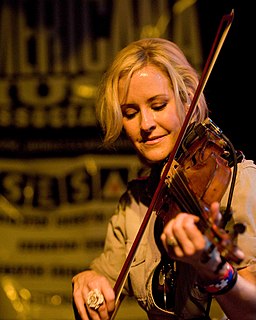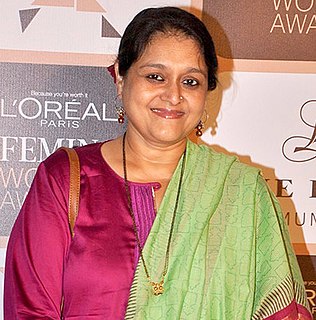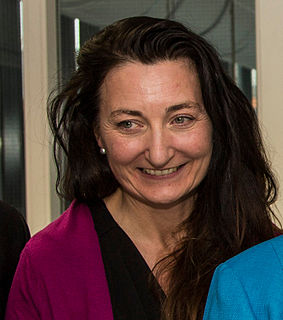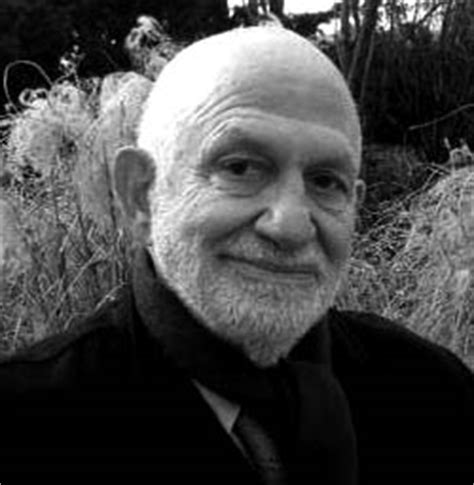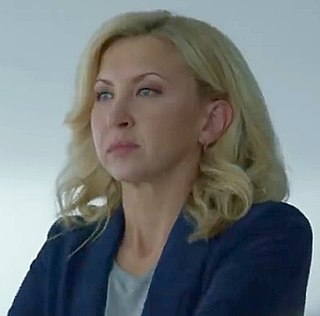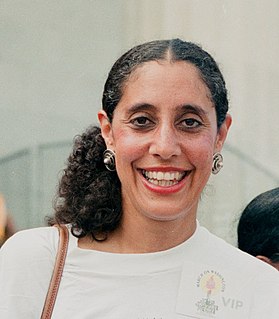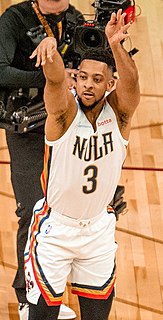A Quote by Martie Maguire
You know, I think it's something I want to teach my children, to ask questions and not be afraid to disagree with people in power. Always question, scrutinize everything they do, because they are leading the country, and it's important to me. That is patriotic.
Related Quotes
It's important to be able to simply ask the questions. Every single advance in science comes about because of courage to ask a question, an outrageous question. Like "Can a large heavy metal object fly if it goes fast enough with the right design?" People's worldviews are changed when they see that something unbelievable is possible. Airplane flight is now taken for granted. And so all wonderful advances start with an outrageous question.
Whenever I'm giving talks, I always ask people to think of the most obscure questions because I enjoy those the most. I always get the same questions: Why does Pickwick say "plock" and will there be a movie? I like the really obscure questions because there's so much in the books. There are tons and tons of references and I like when people get the little ones and ask me about them. It's good for the audience [and also] they realize there's more there.
Addiction is more malleable than you know. When people come to me for therapy, they often ask me whether their behavior constitutes a real addiction (or whether they are really alcoholic, etc.). My answer is that this is not the important question. The important questions are how many problems is the involvement causing you, how much do you want to change it, and how can we go about change?
Lawyers know that certain witnesses are simply not going to be cooperative and are not going to answer the questions. And what matters at that point is what is your question? Because everything you want the jury to know should be in your question, or everything you want the jury to wonder about should be in your question.
